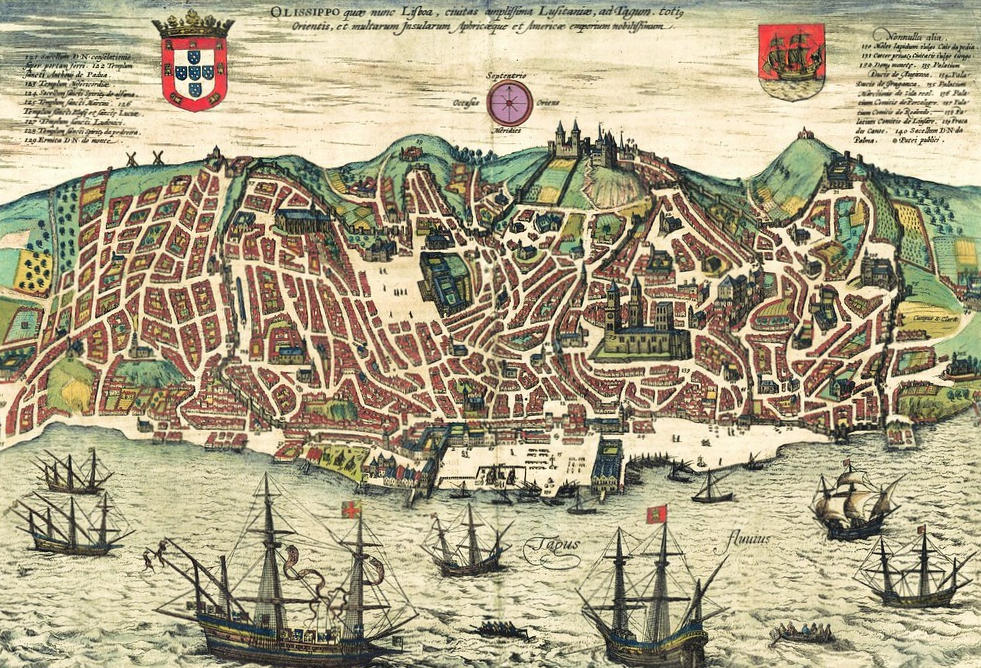However, it was in the 12th century that Lisbon took a decisive step towards becoming the capital of Portugal. Following the Christian reconquest led by King Afonso Henriques, Lisbon became a central hub of political and economic activity.
During the reign of King João I in the 14th century, Lisbon experienced a period of growth and prosperity. The city became a vital center for maritime trade, establishing trade routes and connections with Africa, Asia, and the Americas. This maritime expansion contributed to Lisbon's rise as a cosmopolitan and influential city.
In 1255, Lisbon was officially declared the capital of Portugal, solidifying its position as the center of power and governance. This declaration marked a turning point in the city's history, leading to significant developments in infrastructure, culture, and education.
The 16th century witnessed a golden age for Lisbon, fueled by discoveries and trade during the Age of Discoveries. The city flourished under the patronage of King Manuel I, who commissioned grand architectural projects and brought renowned artists and thinkers to the capital.
Lisbon's significance as the capital continued to grow over the centuries. The city witnessed turbulent times, including the devastating earthquake of 1755, which reshaped its physical landscape but did not dampen its spirit of resilience and renewal.
Lisbon.vip Recommends
As the capital of Portugal, Lisbon plays a pivotal role in the nation's political, economic, and cultural landscape. It is a thriving hub of innovation, creativity, and multiculturalism, attracting visitors from around the world.
From its humble beginnings to its status as a dynamic capital, Lisbon's journey is a testament to the resilience and adaptability of the city and its people. It continues to evolve, embracing its historical roots while embracing the possibilities of the future.
Lisbon's transformation into the capital of Portugal is a captivating story of growth, reinvention, and cultural significance. Explore the vibrant tapestry of history and heritage that makes Lisbon an enchanting destination and the heart of the Portuguese nation.



